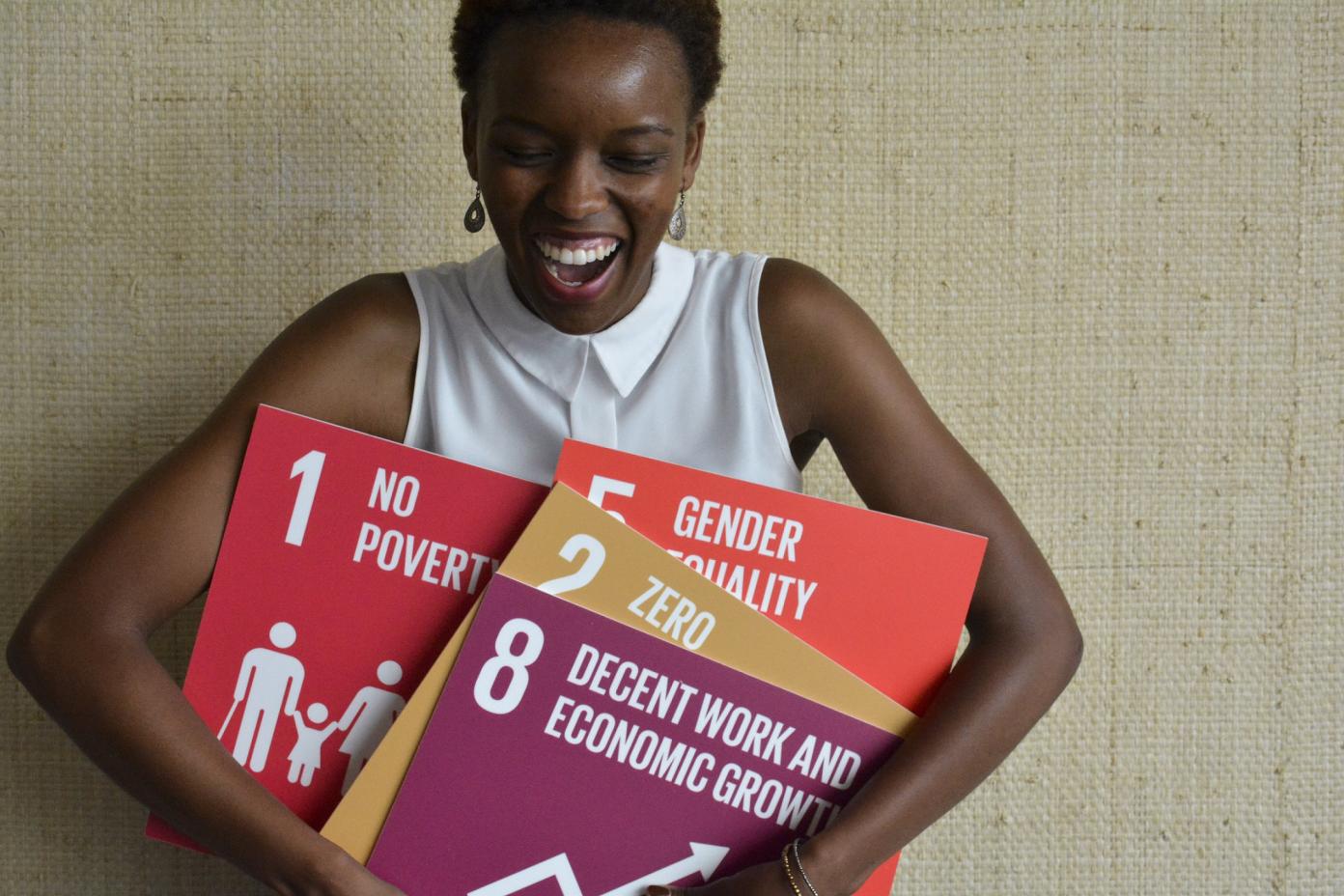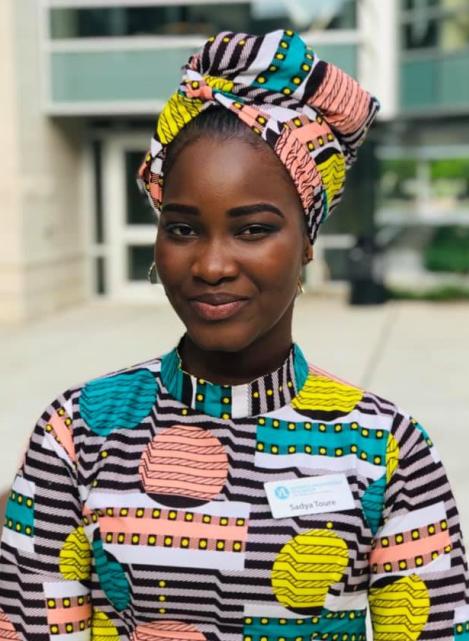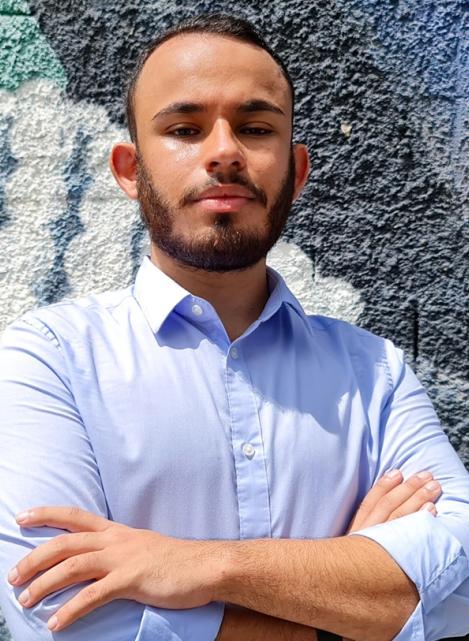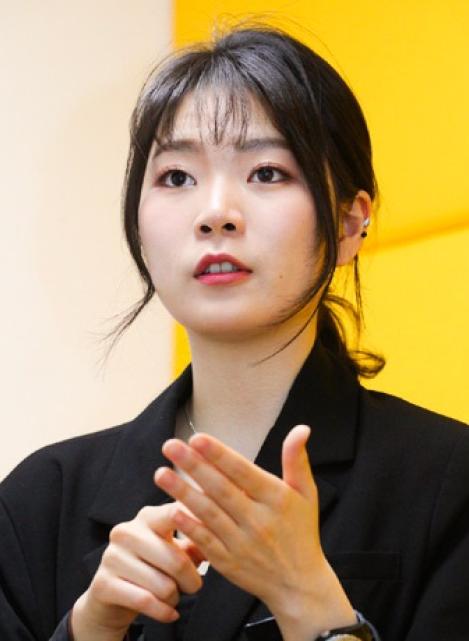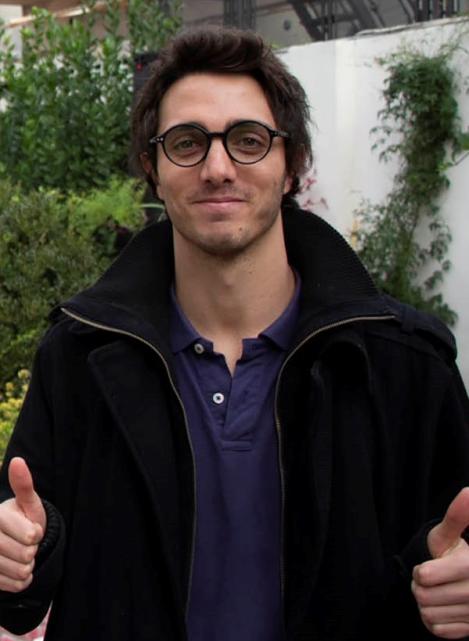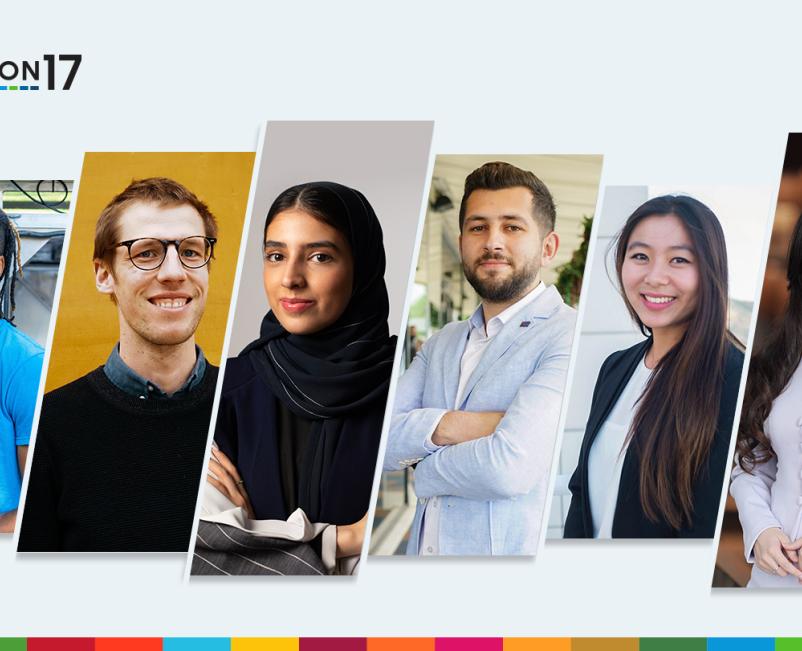To mark World Day of Social Justice, UNDP asked four Generation17 young leaders to share their thoughts and experiences in relation to this key development priority.
From Mali to Brazil, from South Korea to Argentina, issues of social justice sit at the core of these young leaders’ expertise, purpose and work, as they are inextricably linked to the causes of the many complex development challenges that UNDP and partners, including youth, work to address.
Generation17 supports a group of inspiring young leaders aged 18 to 32 dedicated to innovating for humanity and mobilizing global communities. It is an enabler initiative born from an innovative partnership between UNDP and Samsung. UNDP strongly believes it is time we scale-up investments in youth-led development actions. Through Generation17, support, spaces and opportunities are provided to young leaders who mobilize their communities, work hard to leave no one behind, raise awareness on the Global Goals and build and implement impactful solutions that help promote prosperity, intergenerational equity, and peaceful, inclusive, just and resilient societies.
In this first edition of our Generation17 series, young leaders Sadya Touré, Daniel Calarco, Yejin Choi and Máximo Mazzocco share their takes on social justice from different angles.
A gender perspective by Sadya Touré, Mali

 Locations
Locations